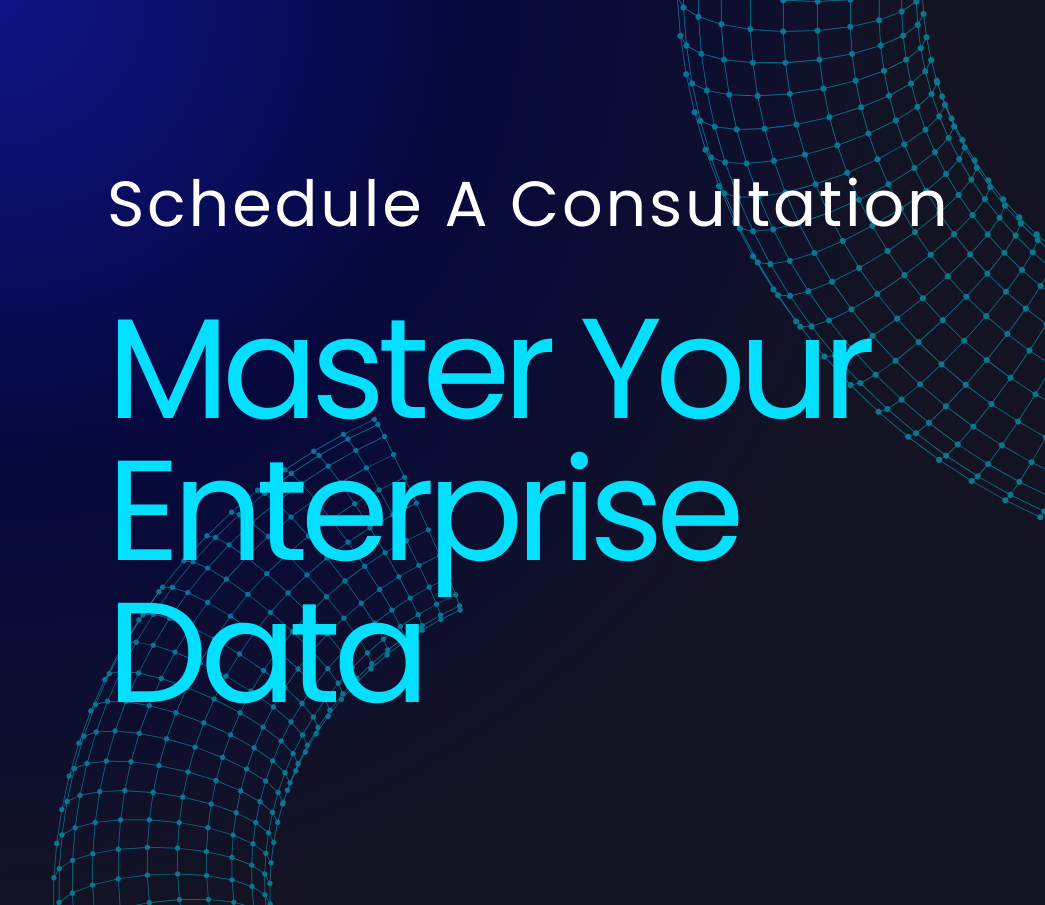In the rapidly evolving landscape of enterprise data management, the concept of Agile ROI has emerged as a game-changer for data initiatives. Traditional return on investment models, with their rigid forecasts and lengthy evaluation periods, are increasingly ill-equipped to handle the dynamic nature of modern data projects. Enter Agile ROI: a paradigm shift that’s revolutionizing how organizations assess and derive value from their data investments.
- The Agile ROI Revolution: Rethinking Value in Data Initiatives
- Breaking Down the Agile ROI Framework
- The Technical Backbone: Enabling Agile ROI Through Data Architecture
- The Human Element: Cultivating an Agile ROI Culture
- Overcoming Challenges: The Road to Agile ROI Mastery
- The Future of Agile ROI: AI and Predictive Analytics
- Conclusion: The Imperative for Agile ROI in Enterprise Data Initiatives
Agile ROI models represent a fundamental reimagining of value assessment in data initiatives. They offer the ability to course-correct in real-time, based on actual results rather than outdated projections. This approach aligns perfectly with the iterative nature of modern data projects, allowing organizations to adapt quickly to changing business needs and technological advancements.
Recent studies underscore the critical importance of this shift. According to Gartner, organizations adopting agile practices in their data and analytics initiatives are 30% more likely to deliver on-time, on-budget results compared to those using traditional methods. This statistic isn’t just impressive; it’s a wake-up call for enterprises still clinging to outdated ROI models.
However, implementing Agile ROI isn’t simply about adopting a new tool. It requires a fundamental mindset shift that permeates every level of an organization. From C-suite executives to data engineers, everyone must embrace a more fluid, iterative approach to value assessment. This cultural transformation, while challenging, holds the key to unlocking unprecedented agility and value in enterprise data initiatives.
Overview
- Agile ROI models enable rapid, iterative value assessment for data initiatives, replacing outdated traditional ROI approaches with real-time, adaptable frameworks.
- The implementation of Agile ROI requires a robust data infrastructure, particularly Data Lakehouses, which combine the flexibility of data lakes with the structured query capabilities of data warehouses.
- Cultural transformation is crucial for successful Agile ROI adoption, necessitating a shift in mindset across all organizational levels and fostering comfort with uncertainty and data-driven pivoting.
- Common challenges in Agile ROI implementation include data quality issues, stakeholder resistance, and the need for balance between agility and regulatory compliance.
- The future of Agile ROI lies in the integration of AI and machine learning, promising even more sophisticated and predictive value assessment capabilities for data initiatives.
- Adopting Agile ROI is becoming an imperative for enterprise survival in the rapidly evolving data-driven economy, offering faster time-to-value and improved alignment with business objectives.


















